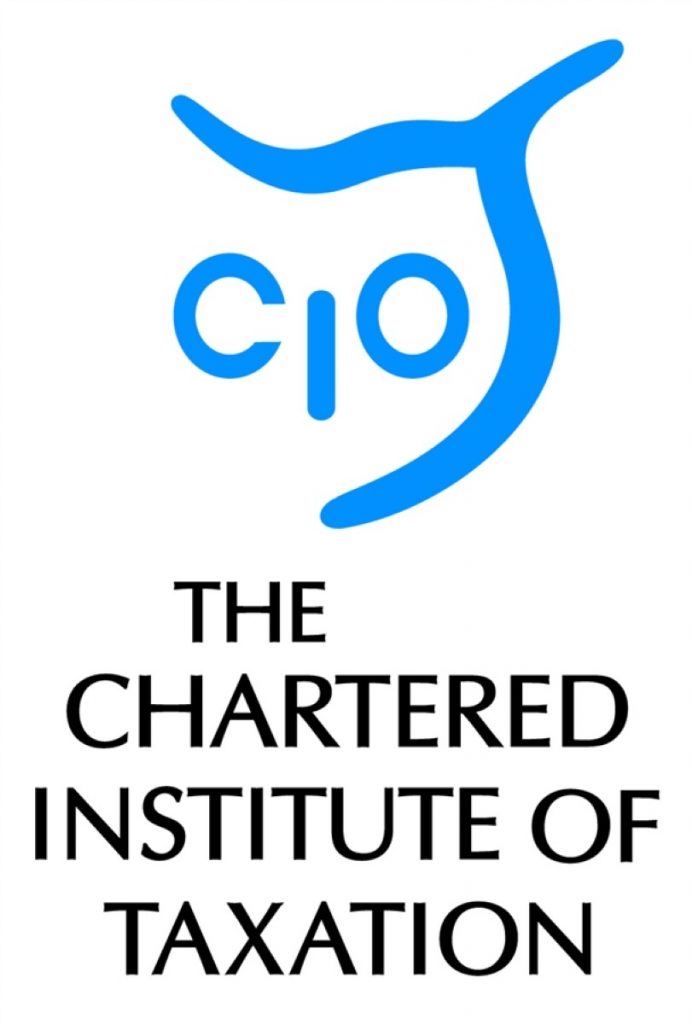CIOT: HMRC Customer Service – a long way still to go
HM Revenue and Customs (HMRC) still has a long way to go to deliver an acceptable level of service to taxpayers in need of help and advice, say campaigners for taxpayers on low incomes.
The Low Incomes Tax Reform Group (LITRG) was commenting following the publication of today’s National Audit Office (NAO) report, ‘HM Revenue & Customs: Customer service performance’. LITRG particularly welcomed reference in the report to issues around digital exclusion and support for people with disabilities, which reflect concerns expressed by LITRG in discussions with the NAO.
LITRG Chairman Anthony Thomas commented:
“Poor service levels and unacceptable delays at HMRC call centres has a real impact for taxpayers struggling to navigate our hugely complex tax system. Difficulties getting advice and answers to queries lead to taxpayers making errors which, in many cases, are completely avoidable.
“HMRC’s performance in answering the telephone and handling post has been under scrutiny for some time. The Department has been attempting to make improvements, by liaising with tax agents and voluntary sector groups to identify and address the problems. We have cautiously welcomed a number of such steps in recent months. These include a new helpline service for bereaved customers, a plan to increase the number of staff available to answer calls and reduce waiting times and proposed improvements to modernise the tax system.
“Nonetheless, we remain very concerned for HMRC’s low-income customers. Long waiting times for calls to be answered can be prohibitively expensive for people using mobile telephones, especially Pay As You Go.
“Vulnerable taxpayers are particularly badly served by HMRC. Increased online services are an effective way of improving value for money. But, as our Digital Exclusion report1 earlier this year clearly demonstrated, there are many who cannot take full advantage of online services. The NAO report rightly emphasises that those who lack internet access must not be left behind in the race to achieve cost savings through increased digital services. The NAO are also right to stress more generally that HMRC need to consider very carefully the impact on these taxpayers, when designing new processes, the accessibility and usability of its systems and communications for customers with disabilities.”
Anthony Thomas concluded:
“Improving service at call centres and answering the post is an important way to make the tax system easier to understand and use for ordinary taxpayers. We will fully support HMRC’s efforts to make improvements in this area in any way we can.”
Notes for editors
A LITRG report published in May 2012 highlighted the growing problem of ‘digital exclusion’. It provided new evidence that government efforts to move services and transactions online are disadvantaging older people, those with disabilities and the self-employed in particular. The report incorporated substantial independent research conducted by LITRG with three advice charities. This found that nearly half of those seeking help on tax and tax credit issues did not have access to a computer. Of those without access less than a quarter would like to carry out personal business online, even if barriers such as affordability could be overcome. This suggests the Government’s plans to move interactions and services online will have to make allowance for substantial numbers of ‘paper and post’ hold-outs for some time to come.
The full report can be downloaded from www.tax.org.uk/Digital_Exclusion
The Low Incomes Tax Reform Group (LITRG) is an initiative of the Chartered Institute of Taxation (CIOT) to give a voice to the unrepresented. Since 1998 LITRG has been working to improve the policy and processes of the tax, tax credits and associated welfare systems for the benefit of those on low incomes.
The CIOT is a charity and the leading professional body in the United Kingdom concerned solely with taxation. The CIOT’s primary purpose is to promote education and study of the administration and practice of taxation. One of the key aims is to achieve a better, more efficient, tax system for all affected by it – taxpayers, advisers and the authorities. The CIOT’s 16,500 members have the practising title of ‘Chartered Tax Adviser’ and the designatory letters ‘CTA’.
George Crozier
External Relations Manager
D: +44 (0)20 7340 0569
M: +44 (0)7740 477374
The Chartered Institute of Taxation
Registered charity number 1037771
www.tax.org.uk
The Association of Taxation Technicians
Registered charity number 803480
Registered company number 2418331
VAT Registration Number 497 5390 90
www.att.org.uk
Low Incomes Tax Reform Group – an initiative of the Chartered Institute of Taxation
www.litrg.org.uk
1st Floor, Artillery House, 11-19 Artillery Row, London SW1P 1RT





-01.png)